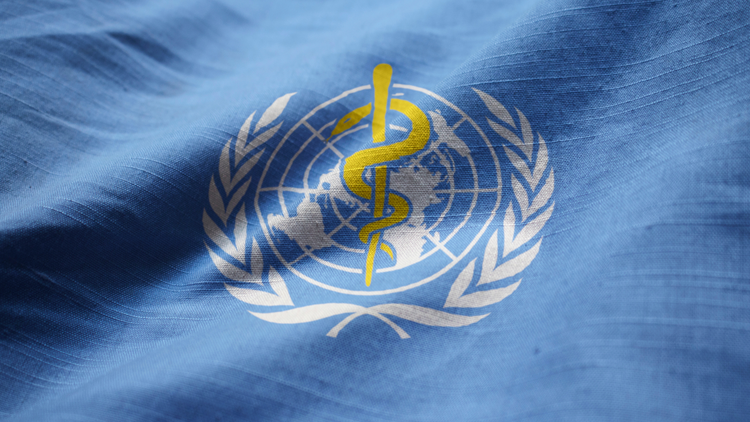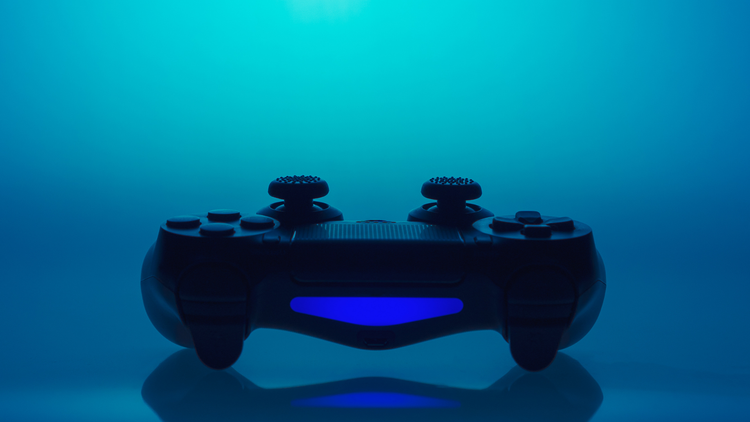Is Video Game Addiction a WHO Recognised Mental Health Condition?

For many people, video games are a fun recreational activity used to enjoy some free time with friends. However, over the last decade, research and investigations have found that video games can become an overwhelming addiction, severely damaging a persons life. Video game addiction can affect children, teenagers and adults alike so it’s important to remain informed and vigilant to its effects. In this article, we are going to outline the recognition of video game addiction as a real mental health disorder as dictated by the World Health Organisation (WHO).
Content
What is video game addiction?

Video game addiction is formally known as Gaming Disorder or Internet Gaming Disorder (IGD). Sufferers of video game addiction typically exhibit symptoms such as:
- Obsessive thinking about video games when not playing,
- Feeling restless and irritable when away from gaming,
- Neglecting other responsibilities to game,
- Ignoring loved ones and friends,
- Lying to conceal gaming habits,
- Headaches and tiredness alongside other withdrawal symptoms.
Video game addiction is a behavioural addiction with its qualities being likened to drug use and alcoholism. The addiction is caused by gaming stimulating the reward centres of the brain. This alters the levels of neurochemicals produced and our brains interactions with them. It turns gaming into a compulsion regardless of the negative impacts that it may have.
Not only is the individual’s mental health at risk. But typically playing video games for long hours leads to a very sedentary lifestyle which itself comes with a whole host of negative effects on our health. Sitting in the seated position for long hours with poor posture decreases circulation and increases the risk of chronic disease. Not to mention increasing the risk of obesity and repetitive strain injuries.
Diagnosing video Game addiction

The DSM-5 officially recognises video game addiction as a behavioural addiction. However, being called a different name – Internet gaming disorder, but it still follows the same symptoms and treatments. The DSM-5 is the diagnostic and statistical manual of mental disorders and is an American Psychiatric manual used to diagnose mental health disorders.They go on to explain that behavioural addictions, unlike other addictions have no external substances to crave. The person is hooked on the enjoyment and stimulation they receive from carrying out the behaviour. The definition of behavioural addiction is maladaptive and persistent. Meaning they are carried out consistently regardless of the negative impacts. Often video games a similar effect on personal relationships as substance addictions – by neglecting responsibilities, undermining trust and lying to conceal habits. Other behavioural addictions consist of gambling, sex, shopping and even multiple plastic surgeries.
The WHO diagnosis, however, states in the ICD-11 that there must be impairment of many fields of normal function such as:
- Personal relationships
- Family interactions
- Social interactions,
- Educational
- Occupational or other important areas
Significant dysfunction must occur for a minimum of 12 months for it to be considered an addiction by the ICD-11’s merit. Although there are varying limitations of each diagnosis of video game addiction, all of them point towards a decline in quality of life consistent with excessive video games.
What is WHO?

The WHO is one of the worlds largest teams of health experts. They consist of medical doctors, epidemiologists and scientists all working together to coordinate responses to health emergencies. They prevent disease and promote wellbeing across many nations. Their work with regards to mental health conditions has been collecting and analysing data from all around the world on existing and developing mental health conditions. When trends begin to establish or the data becomes alarming they respond with essential health services. Their latest endeavour has been adding video game addiction to the ICD-11 which informs healthcare professionals of the criteria to be aware of when diagnosing a patient with video game addiction. The data for video game addiction over the recent years shows consistency in the predictable symptoms experienced by those addicted to video games. With this in mind, it was enough to consider video game addiction and official mental health condition requiring treatment.
What is the ICD-11?
As previously mentioned, The 11th revision of the International Classification of Diseases is the governing body for what we consider health conditions based on global trends and statistics. Medical practitioners and researchers all around the world use this when categorising conditions. Countries take careful consideration when placing a disorder into the ICD as they are based on the findings and relevant trends that indicate disease. Video game addiction being put forth by the WHO organisation into the ICD indicates the severity and reality of this condition for many all over the world. The WHO recognised the symptoms of video game addiction and outlined them in the International Classification of Diseases (ICD), more specifically the 11th revision of this. Based on this the World Health Organisation in September 2018 officially recognised video game addiction as a mental health condition.
Why is video game addiction recognised by the who?
Video game addiction being added to the ICD was based on the development of identical characteristics of the disorder across the world. The addiction manifesting itself in the same way across multiple countries was enough to spark healthcare professionals to create video game addiction programs. This increase in attention towards the disorder is what lead to investigation and inclusion into the ICD. As of October of 2019, the UK’s national health service (NHS) has released clinical long terms plans for children and young adults that are seriously addicted to computer games. The centre is dedicated to treating those with internet gaming disorder and gambling addiction with psychiatrists and addiction specialists working to deliver the therapy they need.
What are the Implications of video game addiction in the ICD-11?
With the announcement of video game addiction being added to the ICD-11 it sparked some controversy amongst medical professionals. The WHO, being an extremely influential organisation was subject to much criticism as some representatives from the video game industry banded together to deliver a statement demanding that the WHO take back their recognition of video game addiction as an official mental health disorder.
They stated that “The World Health Organization knows that common sense and objective research prove video games are not addictive” Those in favour of the ICD-11 explained that video game addiction was showing predictable patterns and symptoms amongst affected individuals across the globe. Furthermore, the disorder must be of sufficient severity to cause a significant decline in the previously mentioned areas, family and broader social relationships. As well as educational, occupational or other important areas of day to day function.
As video game addiction is still in its adolescence in terms of medical research, the WHO will continue to investigate and put forth any compelling evidence and findings regarding the impacts of video game addiction.
Seeking Treatment

For those who are suffering but are unsure about how to treat their video game addiction, here are some of the most effective solutions:
- Online course of therapy – Courses such as The Mindful Gamer deliver therapy in the form of audio sessions that would be similar to how it would be in-person. The individual will be taken through numerous guided CBT, ACT and Mindfulness exercises proven to decrease addiction and cravings surrounding video games
- Group Therapy – Therapy from a medical professional is usually the gold standard when it comes to the treatment of addictions. These groups offer regular meetings with other video game addicts alongside a mediator or therapist. This allows the chance to listen to and share firsthand advice, talking about stories, struggles, and triumphs.
- In-Patient Programs – In some severe cases physical intervention using in-patient hospitals where the individual will live with no access to gaming whilst receiving therapy. This is for people who have little to no control over their impulses to game or require immediate help.
- Detoxification – Unlike detoxification from addictive substances we aren’t literally waiting for toxins to leave the body. But rather we are however cutting out the behaviour that is producing a toxic effect on the addict’s life. This involves an extended break from gaming, allowing the brain time to recover from the dopamine oversensitivity it has acquired over a long time of playing video games. This process applies a similar methodology to In-patient programs but is simply done by self-imposed limits.
Every person is different and so are their set of circumstances. Therapy can be very expensive and time-consuming. Therefore some may wish to experiment with other solutions more suitable for their lifestyle. If you or someone you know is suffering from video game addiction, The Mindful Gamer is always here to help.








